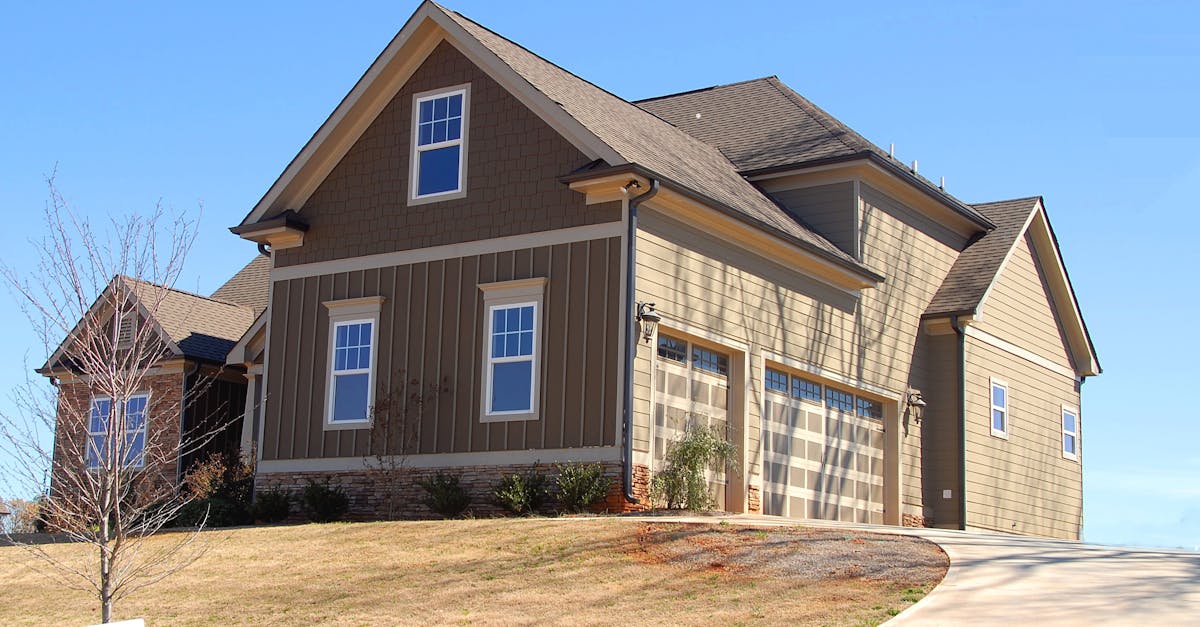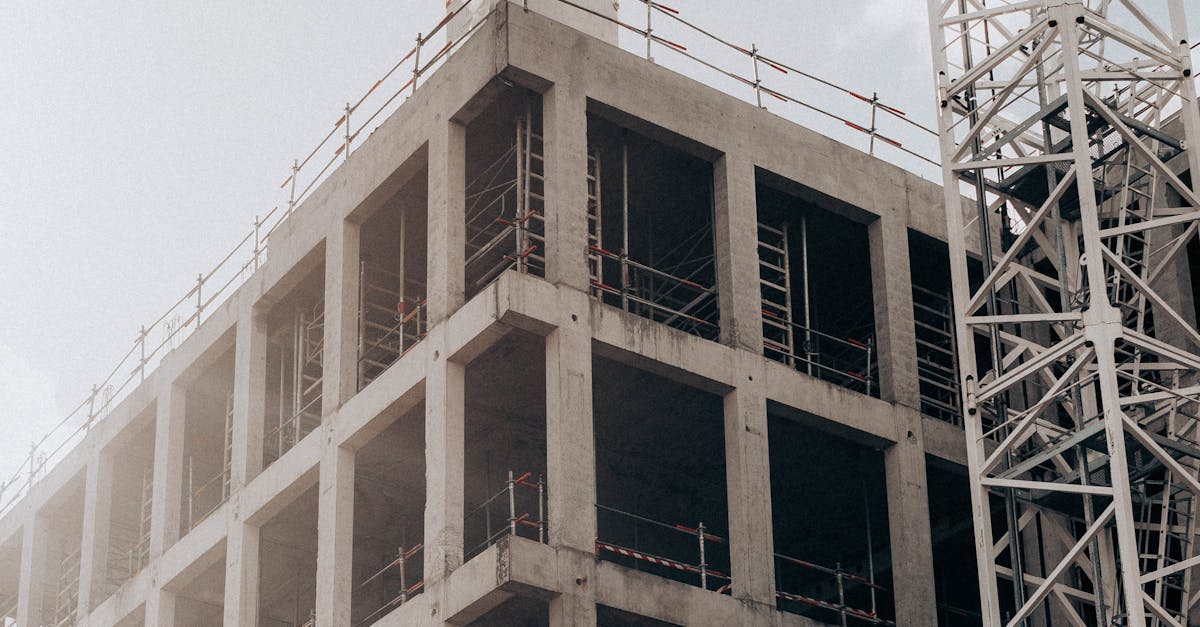
Best Practices in Real Estate Project Management
Best practices in real estate project management play a crucial role in ensuring the successful execution of development projects. From meticulous planning and budgeting to overseeing construction timelines and quality control, these practices are essential for delivering projects on time and within budget. Effective coordination among stakeholders, including developers, architects, engineers, contractors, and regulatory authorities, is key to the smooth progression of a real estate project. Assisting with real estate development projects near me requires a strategic approach that prioritizes clear communication, proactive issue resolution, and adherence to established project milestones.
Furthermore, incorporating technology and project management software can greatly enhance the efficiency and transparency of real estate development projects. Utilizing digital tools for project scheduling, budget tracking, and progress monitoring can help streamline processes, minimize errors, and improve decision-making. By leveraging these technological advancements, project managers can gain better insights into project performance, identify potential risks, and make informed adjustments to ensure project success. Assisting with real estate development projects near me necessitates embracing innovative solutions and staying abreast of industry trends to stay competitive in the market.
Effective Communication Strategies for Project Success
Effective communication is crucial for the success of real estate development projects. It ensures that all team members are on the same page and working towards a common goal. Establishing clear communication channels and protocols from the beginning helps in avoiding misunderstandings and delays throughout the project lifecycle. Assisting with real estate development projects near me, effective communication involves frequent updates, progress reports, and feedback sessions to keep stakeholders informed and engaged.
Moreover, utilizing various communication tools and technologies can streamline information sharing and collaboration within the project team. Platforms such as project management software, messaging apps, and video conferencing tools facilitate real-time communication and provide easy access to project-related documents and data. By leveraging these resources, project managers can enhance transparency, accountability, and efficiency in project communication, ultimately contributing to the overall success of the real estate development endeavor.
Trends in Project Management for Real Estate Development
In the evolving landscape of real estate development, keeping abreast of the latest trends in project management is crucial for ensuring success. Technology continues to play a significant role in optimizing processes, enhancing efficiency, and improving collaboration among stakeholders in real estate projects. Various software solutions, such as project management platforms and virtual reality tools, are being increasingly integrated into the project management workflow. These innovations streamline tasks, facilitate communication, and provide valuable insights into project progress. Assisting with real estate development projects near me, these trends are reshaping the industry and driving project management towards increased sophistication and effectiveness.
Moreover, an emphasis on sustainability is becoming a central theme in real estate project management. Sustainable practices not only align with the growing environmental consciousness of stakeholders but also present opportunities for cost savings and long-term viability. From incorporating green building materials to implementing energy-efficient technologies, the integration of sustainable practices is no longer a mere option but a necessity in contemporary real estate development. As the industry shifts towards more environmentally responsible approaches, project managers must stay informed about sustainable trends and best practices to meet the demands of an increasingly eco-conscious market. Assisting with real estate development projects near me, these trends underscore the importance of integrating sustainability into project management strategies for long-term success and relevance.
Sustainable Practices in Modern Real Estate Projects
Sustainable practices in modern real estate projects are gaining significance due to the rising awareness of environmental concerns and the long-term benefits they offer. Developers are increasingly incorporating eco-friendly features into their projects to minimize environmental impact, reduce energy consumption, and lower operational costs. These sustainable practices include the use of energy-efficient materials, implementing green building certifications, and integrating renewable energy sources like solar panels. Assisting with real estate development projects near me, sustainable practices are essential for creating buildings that are energy-efficient, environmentally responsible, and attractive to environmentally conscious buyers and tenants.
Moreover, sustainable practices in modern real estate projects go beyond just environmental considerations; they also encompass social and economic dimensions. Developers are now focusing on creating spaces that promote human well-being, community engagement, and economic prosperity. Features like green spaces, bike paths, community centers, and affordable housing options are becoming staples in sustainable real estate projects. By prioritizing sustainability in real estate developments, developers not only contribute to a healthier environment but also enhance the overall quality of life for residents and stakeholders. Assisting with real estate development projects near me, these sustainable practices are shaping the future of real estate development by aligning with the growing demands for responsible and inclusive urban development.
Risks and Mitigation Strategies in Real Estate Project Management
When embarking on real estate development projects, it's crucial to anticipate and address potential risks to ensure the success of the endeavor. From financial uncertainties to unexpected delays in construction, the realm of real estate project management is fraught with various risks that can jeopardize the outcome of a project. Mitigation strategies play a pivotal role in navigating these challenges, allowing project managers to proactively identify and manage potential threats before they escalate into larger issues.
Assisting with real estate development projects near me involves implementing robust risk management techniques such as thorough due diligence, contingency planning, and regular monitoring and evaluation. By adopting a proactive approach to risk mitigation, project managers can safeguard against unforeseen circumstances and enhance the overall efficiency and effectiveness of real estate development projects. Partnering with a knowledgeable and experienced team can further optimize risk management efforts and increase the likelihood of project success.
Managing Legal and Regulatory Risks in Real Estate Development
Managing legal and regulatory risks is a crucial aspect of real estate project management. To effectively navigate these challenges, project managers must stay informed about local zoning laws, building codes, environmental regulations, and other legal requirements that govern real estate development projects. Engaging with legal counsel early in the project planning phase can help identify potential legal risks and establish mitigation strategies to ensure compliance throughout the project lifecycle. Assisting with real estate development projects near me, legal experts can provide valuable insights and guidance on navigating complex legal landscapes, helping project managers avoid costly delays and legal disputes.
FAQS
What is project management in real estate development?
Project management in real estate development involves planning, organizing, and overseeing all aspects of a real estate project to ensure it is completed on time, within budget, and meets the desired quality standards.
What are some key responsibilities of a project manager in real estate development?
A project manager in real estate development is responsible for creating project plans, managing budgets, coordinating with stakeholders, overseeing construction activities, and ensuring compliance with regulations and codes.
How important is effective communication in real estate project management?
Effective communication is crucial in real estate project management as it helps in aligning stakeholders, resolving conflicts, providing updates on project progress, and ensuring that everyone involved is on the same page.
What are some common risks in real estate project management and how can they be mitigated?
Common risks in real estate project management include budget overruns, delays in construction, regulatory changes, and unforeseen market shifts. These risks can be mitigated through proper risk assessment, contingency planning, and proactive risk management strategies.
How can sustainability be integrated into modern real estate projects?
Sustainability can be integrated into modern real estate projects through incorporating green building practices, using energy-efficient materials, implementing renewable energy sources, and designing projects that minimize environmental impact.




